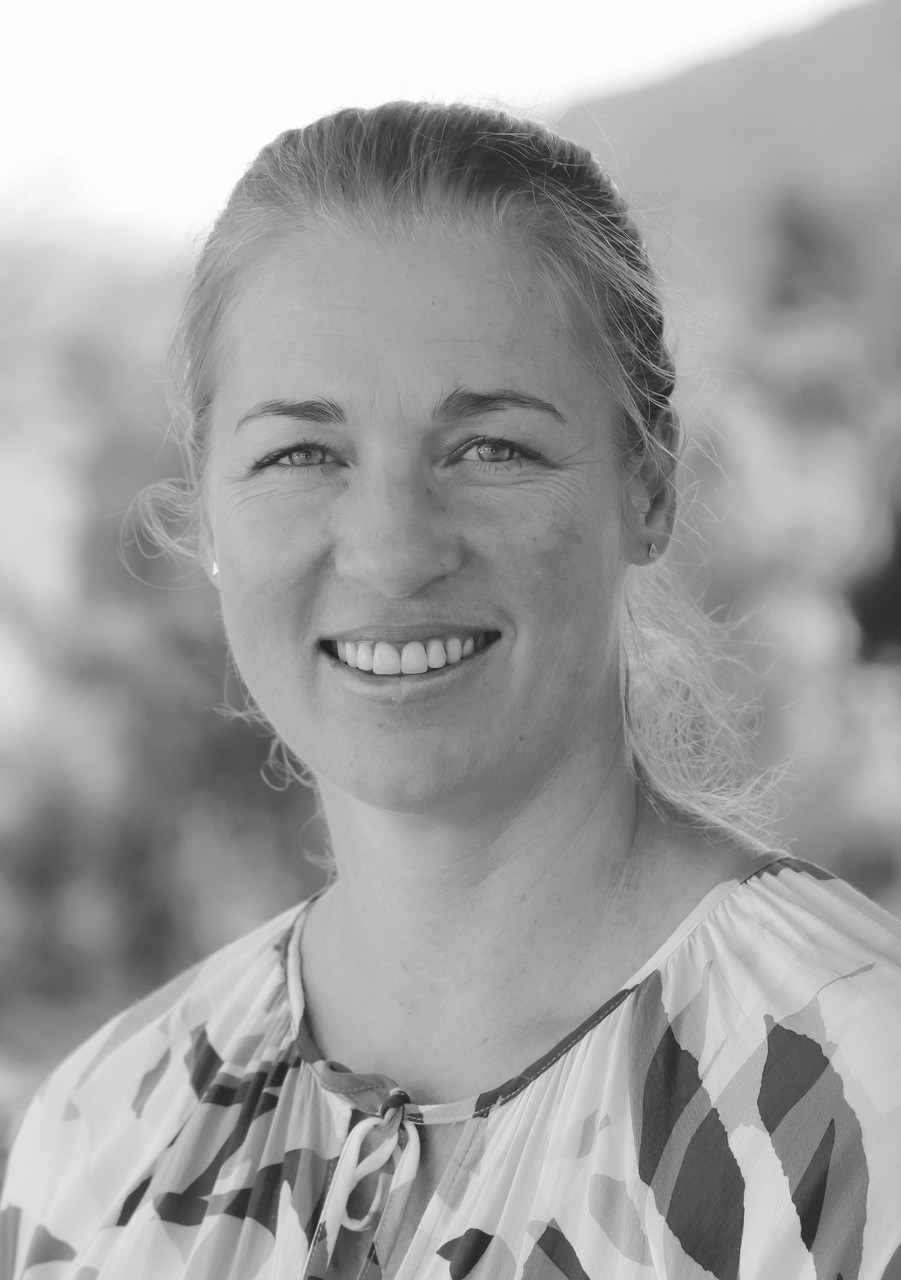We caught up with TSC researcher Liezl Schlebusch about the importance of carer wellbeing and her upcoming TSA-funded study, Well-Beans for Caregivers.
Liezl is a lecturer based at the Centre for Autism Research in Africa at University of Cape Town.
There is a saying: “It is easier to serve from a cup that is full than from one that is empty”. This is another way of saying that it is vital to take care of ourselves first so that we have the capacity to care for others. Simple instructions, right? Yet, in life, it is easy to forget this, especially when it comes to caring for the people we love. We want to be loving and patient, and most of the time, we are physically able to do everything that is asked of us. But still, we struggle. When we need to prioritise others, looking after ourselves can become much more difficult. Over time, our well-being can suffer, and we feel overwhelmed and depleted.
To date, the wellbeing of parents of children with TSC has hardly received any attention. So how can we, as researchers and clinicians, help parents care for themselves while caring for their child with TSC? How can we support their capacity to care and promote their wellbeing? That’s what our study aims to find out in the next few months.
From our previous research in the developmental disabilities field, we evaluated a three-session ‘Well-Beans for Caregivers’ programme delivered to parents with children with developmental disabilities. This programme implements principles and strategies from Acceptance and Commitment Therapy (ACT). The programme helps parents to respond differently to their thoughts and experiences, identify their parenting values, and take small, committed actions in line with those values to support their wellbeing. We found the intervention easy to implement, highly acceptable to parents, and positively impacted parents’ wellbeing and mental health. Although promising, we don’t know how acceptable, feasible and impactful the wellbeing programme will be when it is delivered online to parents with young children with TSC.
Prioritising and understanding how to support the wellbeing of parents of children with TSC will ultimately create a care system for both parents and children to ensure that everyone’s cup is full and that they are well.














































































































